You’ve been working out for a while now, and at this point, it feels like you’ve heard about creatine way too often for you not to have done your research.
Your muscles are growing, you’re becoming stronger, and your performance is improving overall, but the further along you are in your fitness journey, the more advice you come across, one of them being to take creatine.
At this point, you know the lay of the fitness land, but when it comes to dietary supplements and what goes down in the kitchen, your knowledge is a bit more limited. Luckily for you, Ultimate Nutrition has been a leading sports nutrition brand for over 40 years and is ready to impart some knowledge to you.
What Is Creatine?
Creatine is not a substance foreign to your body; in fact, we all have creatine stored in our muscles right now. Creatine supplements are used to increase those stores.
Creatine is a chemical compound that your body naturally produces from the amino acids glycine and arginine it has to work with. The compound is infamous within the fitness community because of its ability to alter several cellular processes that lead to increased muscle mass, strength, and recovery.
Although your body naturally produces creatine, Several factors affect your creatine stores, including meat intake, exercise, muscle mass, and hormone levels. Because creatine stores fluctuate depending on your body and lifestyle, many incorporate it into their diet as a supplement.
Creatine supplements work in the same way that protein powders, multivitamins, and other wellness products do; they increase how much of a substance is in your body and allow you to reap the benefits.
Creatine has particular popularity within the fitness community because its benefits align with many athletes’ goals.
The Benefits of Taking Creatine

As mentioned before, several studies have proven creatine’s ability to help you gain muscle, strength and improve your overall physical performance. Here are some of the ways creatine may affect the processes within your body:
- Improves Training: Enables greater total work or volume in a single training session.
- Aids Muscle Repair and Growth: Dietary creatine monohydrate supplementation increases satellite cell mitotic activity during compensatory hypertrophy, which aids muscle repair and new muscle growth.
- Raises Anabolic Hormones: Creatine creates a rise in hormones, such as IGF-1, that allows for an increase in lean body mass.
- Increases Cell Hydration: Lifts water content within your muscle cells, which causes a cell volumization effect that may play a role in muscle growth.
- Counteracts Myostatin Levels: Elevated levels of the myostatin protein can slow or completely inhibit new muscle growth. Creatine can reduce your levels of myostatin, increasing your growth potential.
- Reduces Protein Breakdown: Creatine helps minimize the extent of muscle breakdown, which can help you maintain your muscle over time.
- Elevates Brain Health: Creatine supplements increase phosphocreatine stores in your brain, possibly improving brain health and preventing neurological diseases.
With creatine’s benefits being the solution to several issues athletes, bodybuilders, and powerlifters face, it’s no surprise that the compound is recognized as a must-have dietary supplement as you continue to grow. Like protein powders and other supplements, creatine might take you a few steps closer to your ultimate fitness goals, but remember that everyone’s different and might not respond to creatine in the same way.

Who Should Take Creatine
Creatine isn’t an essential nutrient, but clearly, it has many benefits that you might not be receiving from what your body naturally produces.
Your body makes creatine from the amino acids you receive from various protein sources, but if you’re lifting heavy weights, doing high-intensity workouts, or eating a mainly vegan or vegetarian diet, you might not be producing an optimal amount for your lifestyle.
Keep in mind that while creatine is beneficial for short-duration, high-intensity exercise, research shows that it has fewer benefits for lower intensity endurance exercises like yoga or walking.
You should add creatine to your diet if your fitness journey is pretty far along, intense, and could benefit from increased performance, muscle growth, or recovery.
How To Take Creatine
On average, you make 1-2 grams of creatine per day, but by taking creatine supplements, you can increase your muscle stores by 10–40%, depending on you and your current levels. Although, you should note that more isn’t always better, especially when it comes to dietary supplements.

To experience the effects of creatine, you must fully saturate your muscles with it. To fully saturate your muscles, you can use one of two dosage methods:
Creatine Dosing Methods
Creatine Loading
Creatine loading is standard and is a process used to saturate your muscle cells with creatine quicker so that you can experience its benefits sooner.
How it works: You start by taking 20-25 grams of creatine, split into 4-5 equal doses for 5-7 days. Following the initial loading, you’ll take 3-5 grams (14 mg/pound or 30 mg/kg) per day to maintain your creatine muscle stores.
Maintenance Dosing
Maintenance dosing ultimately has the same effect but requires a bit more patience.
How it works: You’ll skip over the loading phase and start by taking the maintenance dose of 3-5 grams daily. This method is just as effective as creatine loading, but it typically takes 28 days to experience the same benefits.
Types of Creatine
Once you decide on how you’d like to administer your creatine, you can decide on the form of creatine you prefer. There are several kinds of creatine, including:
- Creatine Monohydrate
- Creatine Ethyl Ester
- Creatine Hydrochloride or Creatine HCL
- Buffered Creatine
- Liquid Creatine
- Creatine Magnesium Chelate
There’s no conclusive best creatine, each creatine product is slightly different in benefits and form, but they’re all used to produce similar results. Often, creatine is sold in powdered form, but it can also come ready to drink. If you use creatine powder, you can mix it in with water, juice, or pretty much whatever you’d like; use it almost like you would a protein powder.

Ultimate Nutrition Creatine
Creatine is one of the cheapest, most effective, and safest supplements you can take. The muscle-building supplement is not something you should shy away from unless your doctor says otherwise.
If you’re a fitness enthusiast and consistently working to grow in strength, endurance, and muscle, creatine is a great supplement to add to your regimen.
You can find various dietary supplements and educational resources that will take your body’s capabilities to the next level on Ultimatenutrition.com. Our team of expert scientists, formulators, and flavor chemists come together to develop advanced and effective formulas to help increase muscle, improve health and wellness, and boost performance. To learn more about creatine and any other sports nutrition supplements, turn to Ultimate Nutrition.

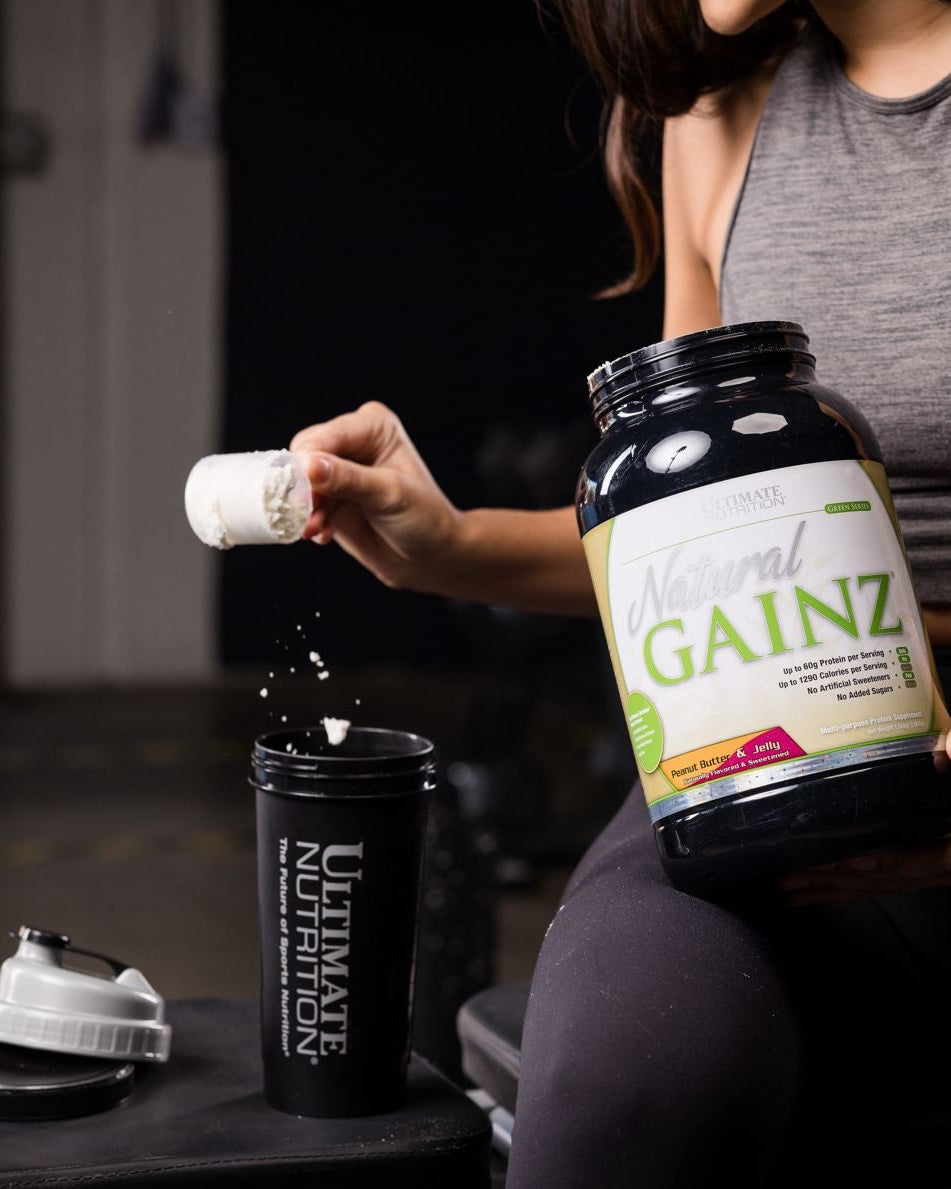
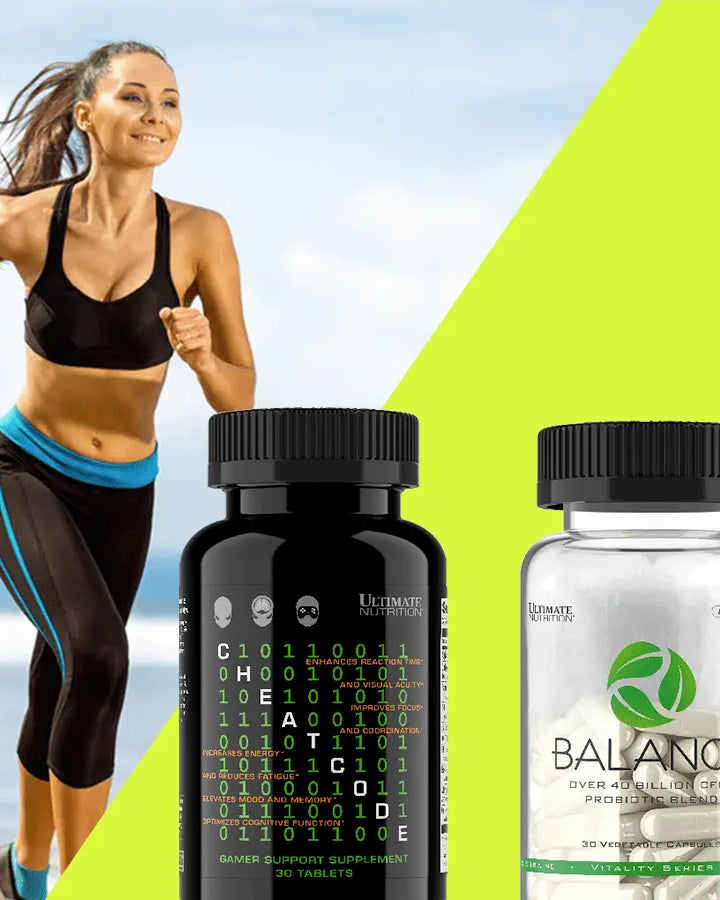
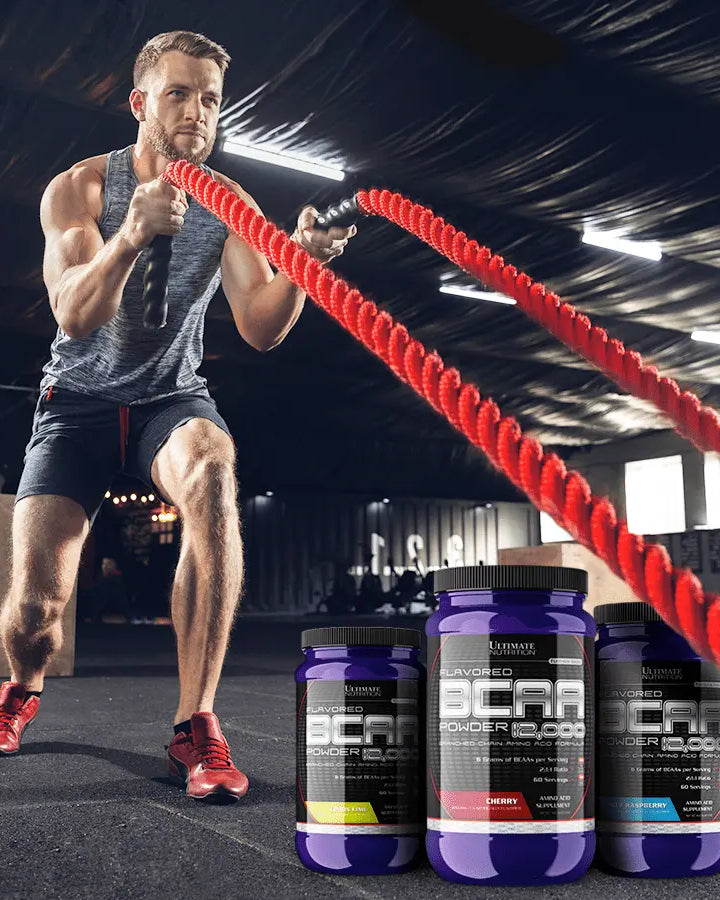
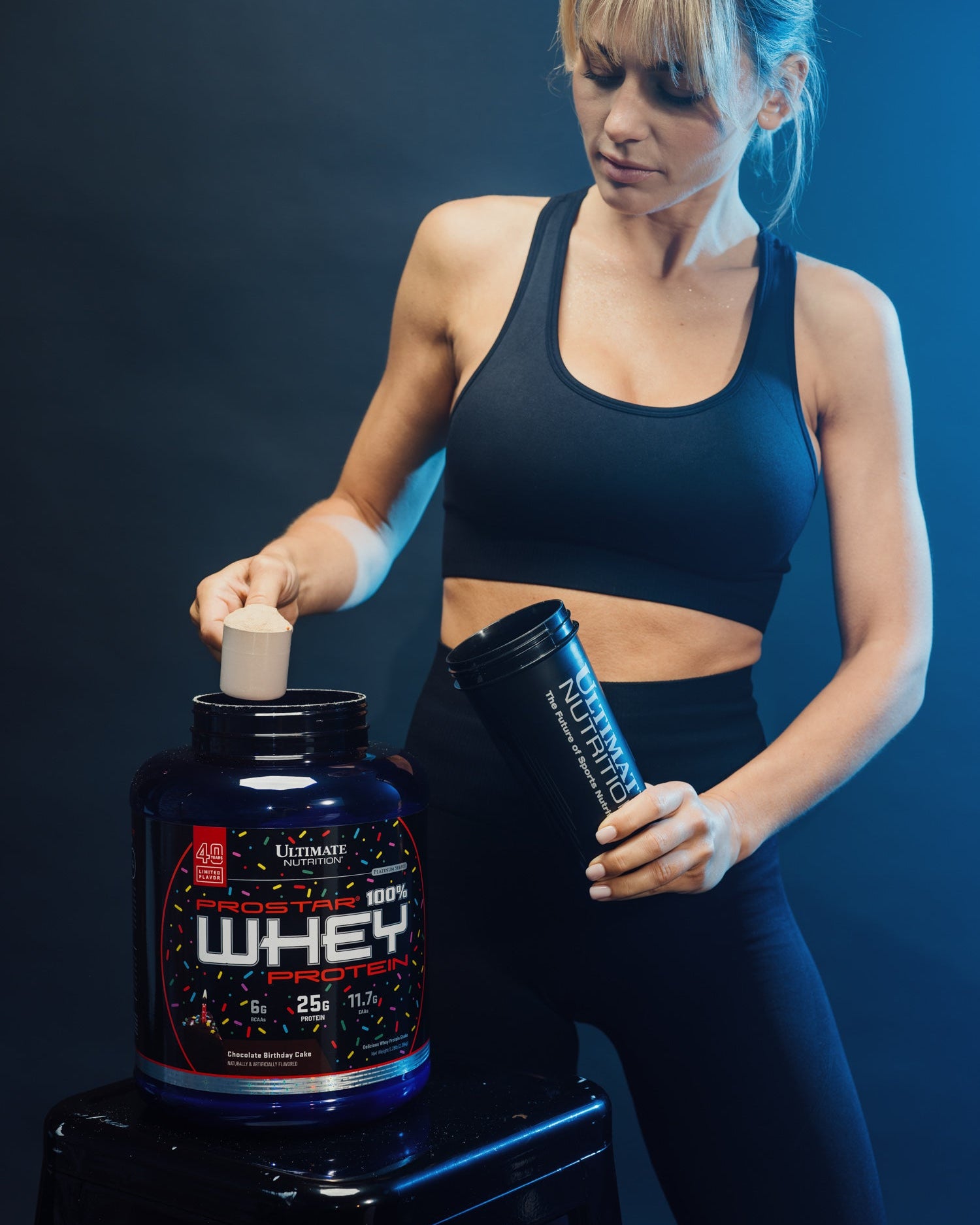

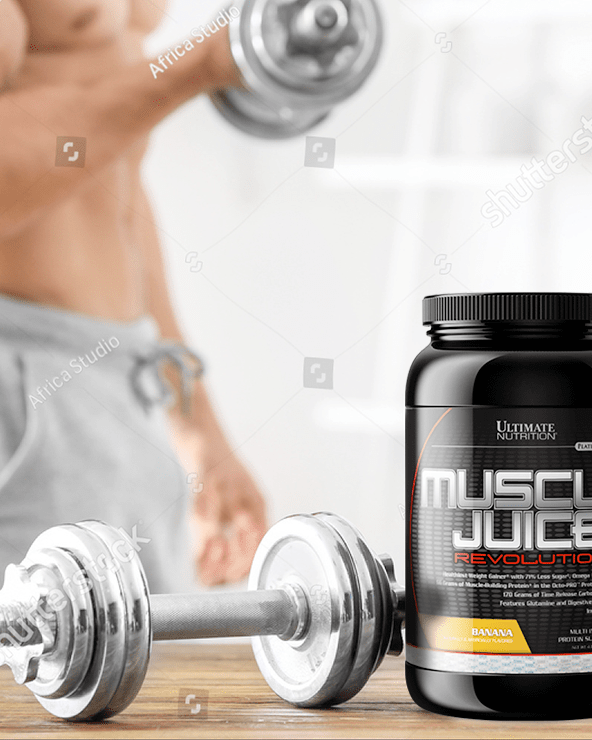


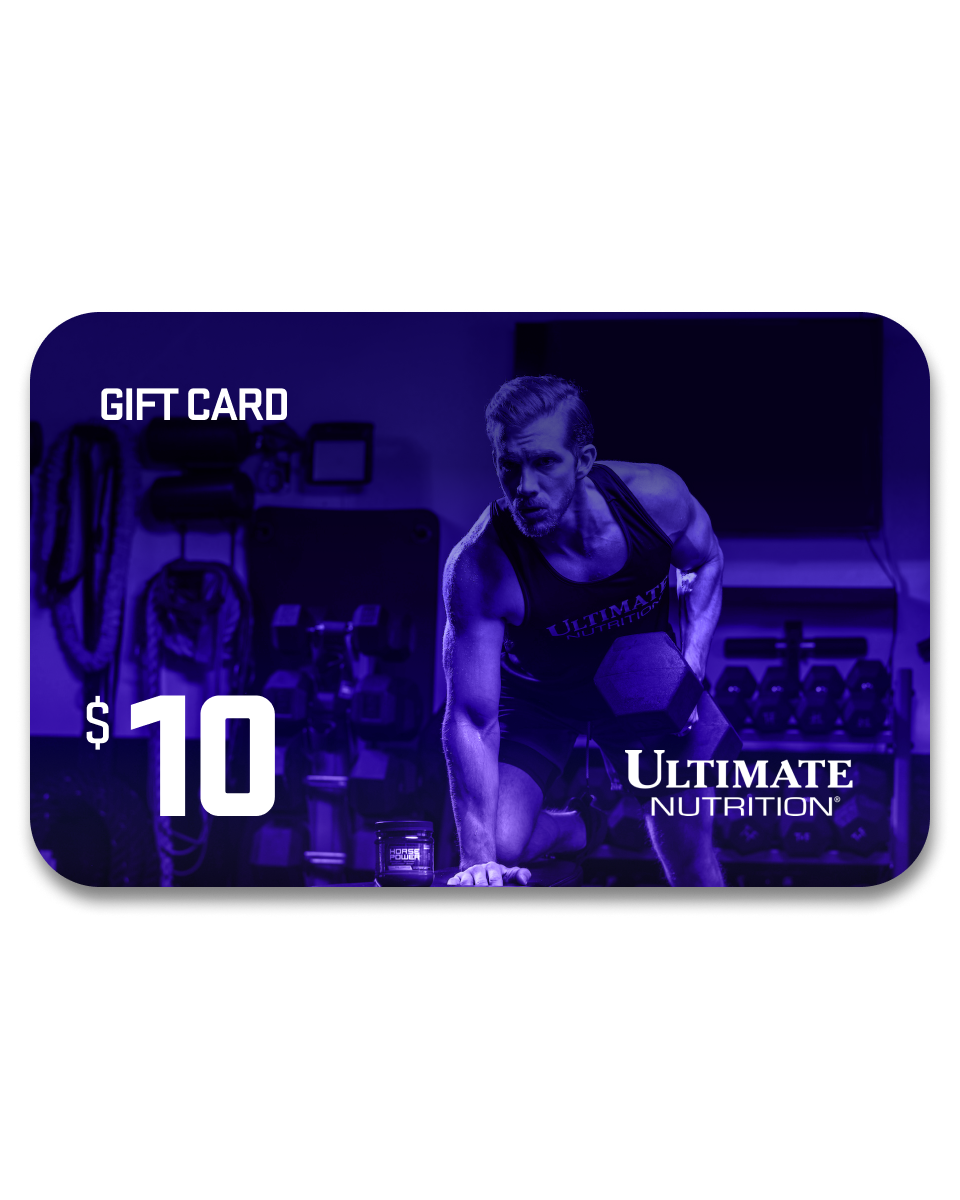












Comments
Hi There,
I hope this message finds you well!
I’m julia blogger outreach specialist at contentlinko, and I wanted to reach out with an exciting opportunity for collaboration.
We specialize in LinksBuilding campaigns and want to outrach your websites for our clients and are really impressed with your content. We believe that a partnership between us could create something truly impactful and potential benefits or outcomes for us.
Here are a few key points of our article:
1. The article is permanent and do-follow.
2. The article is human written and has topics related to your websites.
3. The article has been checked by different tools and 100% out of plagiarism.
I would love to discuss this further and explore how we can work together.
Are you available for a quick chat this week? Please let us know your pricing structure.
Looking forward to hearing from you!
Best regards,
juliacintia Blogger Outreach
Hi There,
I hope this message finds you well!
I’m julia blogger outreach specialist at contentlinko, and I wanted to reach out with an exciting opportunity for collaboration.
We specialize in LinksBuilding campaigns and want to outrach your websites for our clients and are really impressed with your content. We believe that a partnership between us could create something truly impactful and potential benefits or outcomes for us.
Here are a few key points of our article:
1. The article is permanent and do-follow.
2. The article is human written and has topics related to your websites.
3. The article has been checked by different tools and 100% out of plagiarism.
I would love to discuss this further and explore how we can work together.
Are you available for a quick chat this week? Please let us know your pricing structure.
Looking forward to hearing from you!
Best regards,
juliacintia Blogger Outreach
Por favor ayuda: tengo un frasco de su creatina la dejé de tomar pues se atravesó la pasaremos y ya no hice ejercicio pues también enferme, pero la quiero seguir tomando, el problema es que tiene una fecha abajo del frasco de 11/21 supongo que es de caducidad, mi pregunta es si la puedo tomar, estuvo guardada el lugar fresco y seco bien cerrado el bote, y la estoy buscando para comprarle en México y no la encuentro.